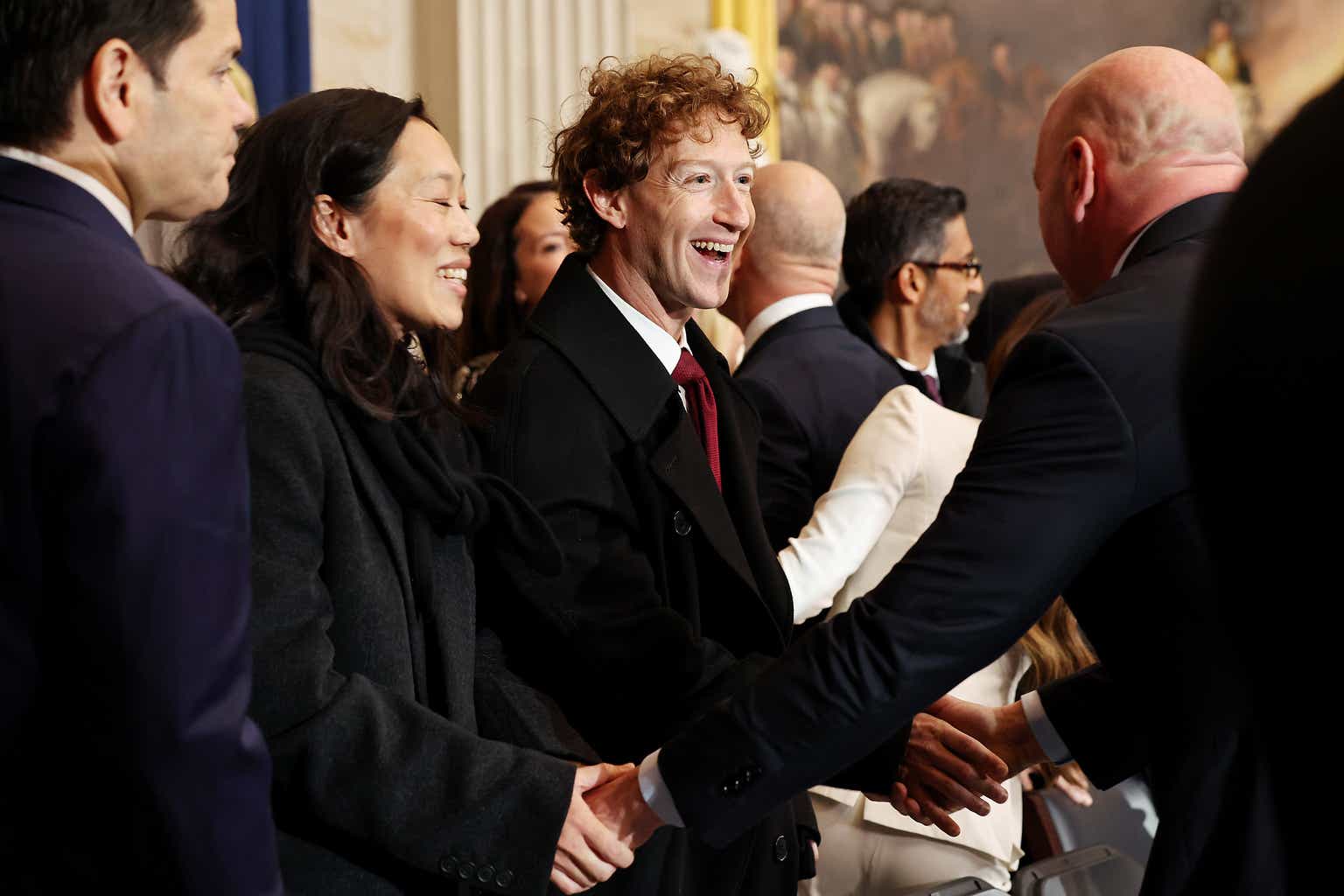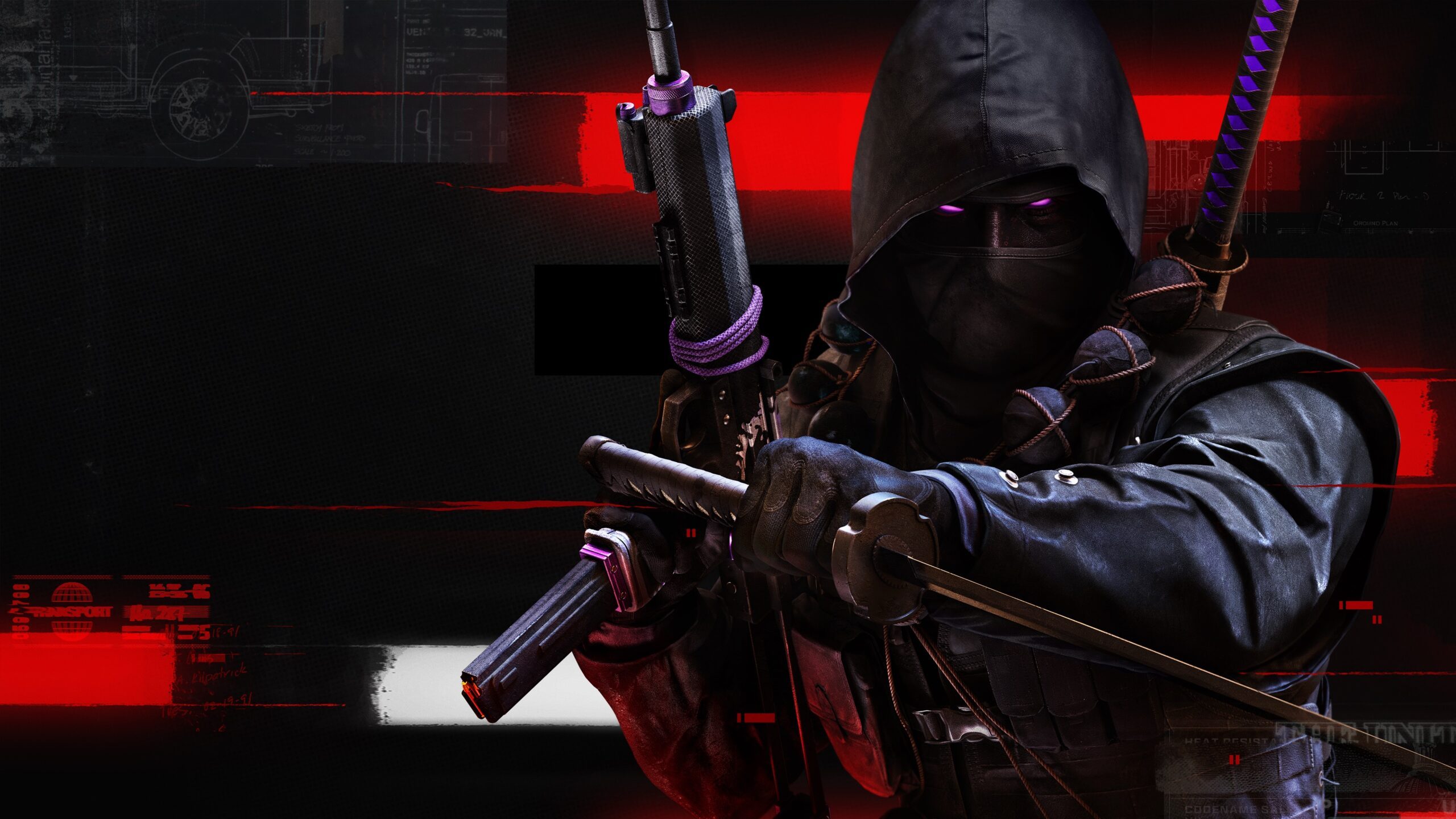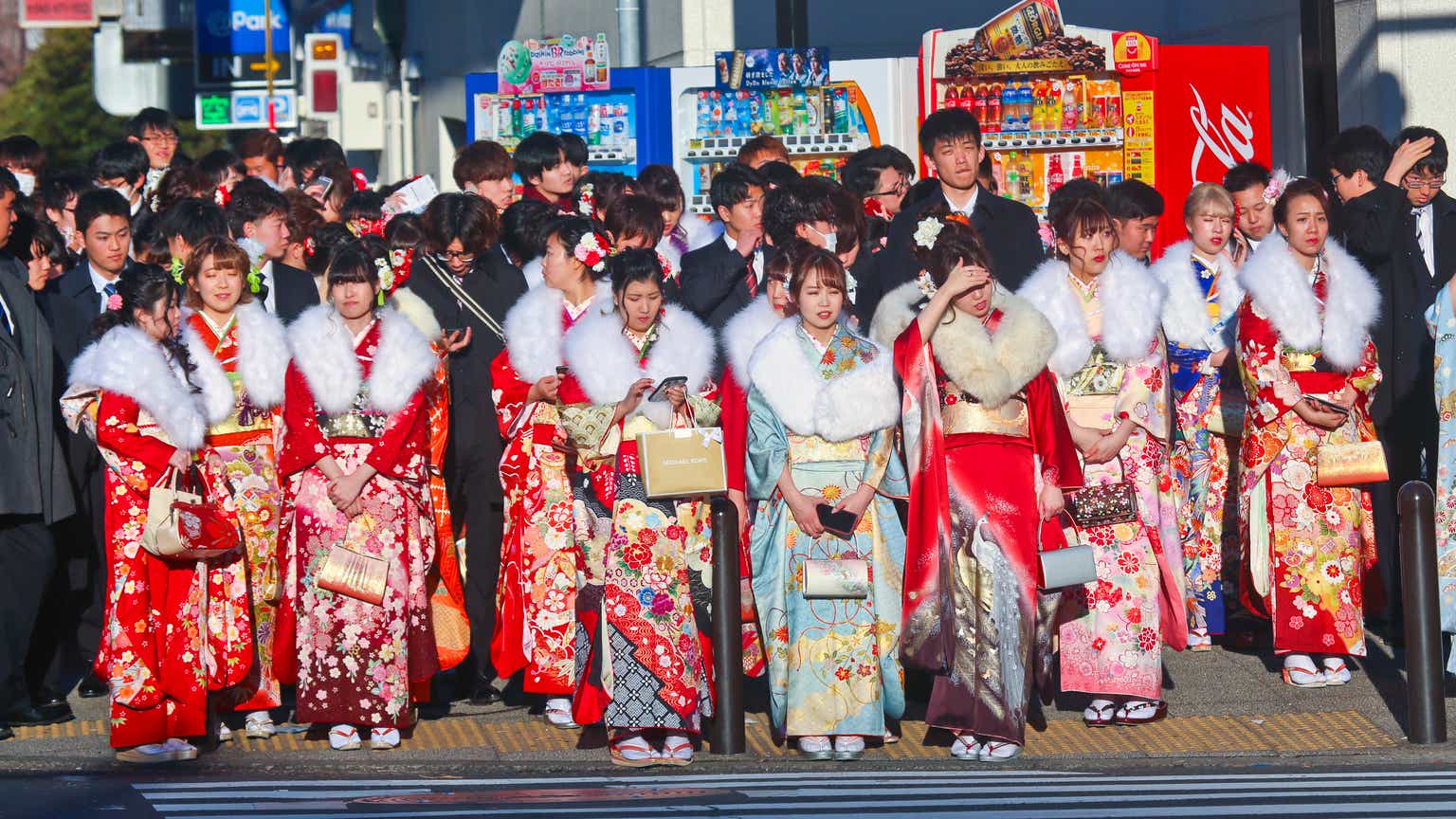Gaza cease-fire begins as first hostages arrive back in Israel
The announcement came after Israel said it received a list of hostages scheduled to be released on Sunday.
Amir Levy/Getty Images
- Israel's government approved a cease-fire and hostage deal with Hamas this week.
- The cease-fire began on Sunday as Hamas released its first few hostages.
- 3 hostages returned to Israel, where they were treated at a hospital near Tel Aviv.
A cease-fire in the war in Gaza went into effect on Sunday morning after an almost three-hour delay.
Israeli Prime Minister Benjamin Netanyahu's office announced that the cease-fire would commence at 11:15 a.m. local time.
The announcement came after Israel said it had received the names of hostages due to be released on Sunday.
Under the terms of the agreement, the cease-fire will last six weeks. During this period, 33 Israeli hostages are scheduled to be exchanged for 737 Palestinian prisoners.
The first three Israeli hostages — Emily Damari, Romi Gonen, and Doron Steinbrecher — were released on Sunday. Israel said the three women were returned to Israeli territory and underwent an initial medical assessment. AP Photo/Oded Balilty
President Joe Biden had announced the deal in a farewell address earlier this week.
"After eight months of nonstop negotiation, my administration — by my administration, a ceasefire and a hostage deal has been reached by Israel and Hamas, the elements of which I laid out in great detail in May of this year," Biden said.
US officials helped broker the deal in Qatar.
In a statement on X on Saturday, Majed Al Ansari, a spokesperson for Qatar's Ministry of Foreign Affairs, confirmed that the cease-fire would begin on Sunday but advised caution to Gazans: "We advise the inhabitants to take precaution, exercise the utmost caution, and wait for directions from official sources."
How the cease-fire agreement could be implemented
The deal is set to include multiple phases.
The first stage is expected to include 33 hostages — most of whom are alive — released on "humanitarian" grounds, an Israeli spokesperson told reporters at a briefing. This will consist of women, children, older people, as well as hostages who are sick. AP Photo/Leo Correa, File
A second phase, which is still being worked out, would see a "permanent end" to the war, Biden has said.
The president added that this phase would include the release of the remainder of the living hostages, with the rest of the Israeli forces withdrawing from Gaza.
In the third phase, any remains of hostages who have been killed would be returned to their families, and a major reconstruction plan would be set in motion for Gaza. AP Photo/Tsafrir Abayov
So far, 117 hostages have been returned alive to Israel, including 105 freed as part of a prisoner exchange in November 2023.
The cease-fire deal intends to end the brutal conflict, which has seen large areas of Gaza destroyed and left the militant group severely battered. The Hamas-run health ministry says Israel's military offensive in the coastal enclave has killed more than 46,000 people. It does not distinguish between civilians and combatants.
Negotiations for a cease-fire deal have been ongoing for many months.
President-elect Donald Trump said his victory in November directly contributed to the deal coming to fruition. "We have achieved so much without even being in the White House," he wrote in a post on his Truth Social platform.
What's Your Reaction?








.jpg?#)





















